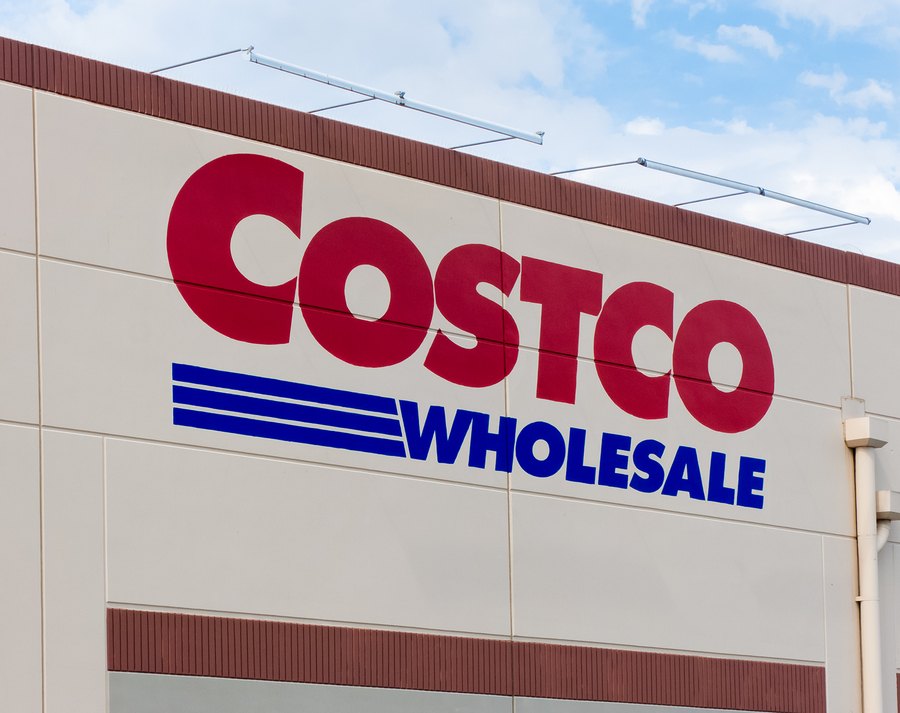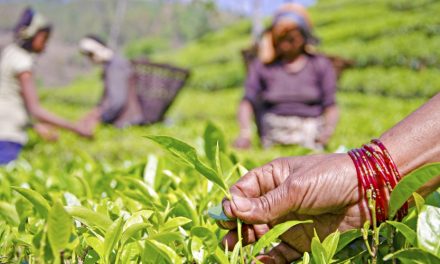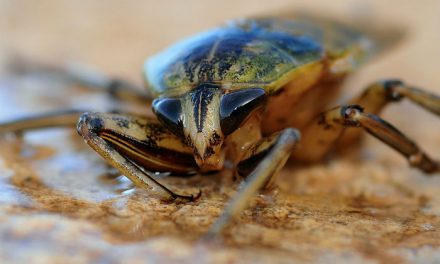Costco Goes Organic
One of the fastest-growing categories in food sales at Costco is organics. And as of 2015, Costco was the largest retail seller of organics (after sales of organic products exceeded $4 billion annually) and they aren’t slowing down! However, it’s been difficult for them to keep up with the rise in demand. So, they’ve set up some new initiatives to help them better serve their growing customer base.
Their current plan:
- Lend money to farmers to buy land to grow organics (transitioning to organic farming takes three years, a timeline set by the U.S. Department of Agriculture to allow pesticides and other nonorganic substances to wash away from the soil and one that often requires new equipment)
- Raise chickens at their poultry plant in Alabama (let’s hope this one is better than one we recently told you about)
- Work with Mexican vendors to get wild shrimp
- Contract with Nebraskan farmers to raise cattle on organic fields (to ensure supply for its organic ground-beef program)
The plan is only in the beginning stages but at this time they are working (with a partner) to loan money to help San Diego-based Andrew and Williamson Fresh Produce buy equipment and 1,200 acres of land in the Mexican state of Baja California.
Andrew and Williamson Fresh Produce heard about the 1,200 acres of land in San Quintin, Baja California, that was up for sale. The land had been fallow for enough years that they could immediately grow organics and they had experience growing organic strawberries, raspberries, blackberries and tomatoes, and expressed a desire to buy the land (that amount of acreage is unheard of along the Pacific Coast), but they didn’t have all the money they needed to buy the land outright. Costco eventually loaned A&W the money to buy the land and going forward now have the first right to everything that meets their requirements, coming off that land.
But, Costco is interested in doing this in a sustaining manner. From the Seattle Times:
“There are lots of discussions going on,” Lyons said. “The challenge for the farmer is: ‘We may go down this road and what happens if something bad happens?’ We have to make sure we don’t get them in a position of financial trouble. We need to make sure the loans are totally secure. If it doesn’t work out for them, we want to continue to buy conventional from them to make sure they’re A-OK.”
At this point, there may be retailers who have loan programs for suppliers to upgrade equipment or offer financial incentives such as advance payments or long-term contracts, but helping farmers buy land to grow organics? In this industry that seems to be unusual.
With demand for organics rising from $11.13 billion in 2004 to $35.95 billion in 2014, according to the Organic Trade Association, organic farmland makes up only about 1 percent of U.S. farm acreage. The level of growth needed to meet demand is not there and this is the number one issue facing the industry.
In fact, the supply chain is so stretched that companies like Nature’s Path and Pacific Foods, have bought their own farms or are raising their own chickens. Chipotle Mexican Grill has begun to provide financing to help farmers shift from conventional to organic food and Whole Foods also has a loan program to help their local producers grow their businesses. Because the time is now, organic food is the fastest-growing food category, increasing at 8 to 11 percent a year, versus 2 to 2.5 percent for food sales overall, The Seattle Times reports.
Thank you to Costco for growing in this area and doing it sustainably (and for the sake of the farmer). So, while we don’t love the current state their chickens live in, we have high hopes that they will continue to improve in all areas.
Source: The Seattle Times












